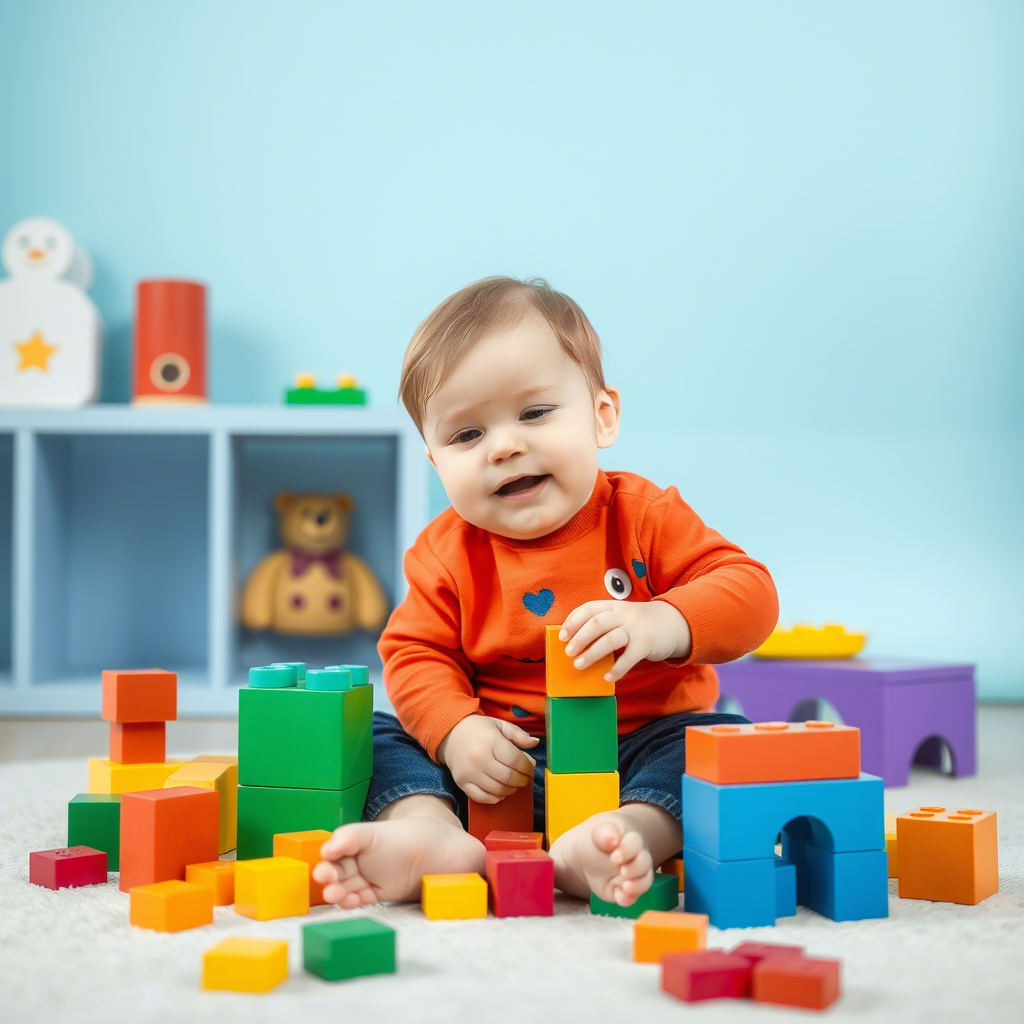Adorable Baby Onesies Toddler Rompers Cute Kids Clothing For Little Explorers
The Importance of Play in Early Childhood Development
Play is a vital component of early childhood development, playing a crucial role in shaping a child’s cognitive, emotional, and physical abilities. During the early years, children learn and absorb information at an incredible rate, and play is an essential tool that facilitates this process. Through play, children develop problem-solving skills, hand-eye coordination, and creativity, laying the foundation for future academic success and personal growth.  As children engage in play, they begin to understand the world around them, experimenting with different textures, colors, and objects.
As children engage in play, they begin to understand the world around them, experimenting with different textures, colors, and objects.
Cognitive Development Through Play
Play significantly contributes to cognitive development in young children. It enhances their ability to think critically and make decisions. Here are a few ways play impacts cognitive development:
- Problem-Solving Skills: Play encourages children to experiment and try out different solutions to problems. For example, when building with blocks, a child learns to balance and stack them, developing spatial awareness and fine motor skills.
- Creativity and Imagination: Engaging in imaginative play, such as pretending to be characters or creating stories, fosters creativity. This form of play is crucial for developing a child’s ability to think outside the box.
- Memory and Concentration: Games that involve memory, like matching pairs, improve a child’s memory. Activities requiring sustained attention, such as puzzles, enhance concentration.
Emotional and Social Development
Play is not just beneficial for cognitive development; it also plays a significant role in emotional and social growth. Through play, children learn to interact with others, understand emotions, and develop empathy.
- Social Skills: Playing with others teaches children important social skills, such as sharing, taking turns, and cooperation. For instance, playing a board game with peers helps a child learn to win graciously and lose with dignity.
- Emotional Intelligence: Play allows children to express their feelings and understand the emotions of others. Role-playing different scenarios can help children empathize with various perspectives.
- Confidence and Independence: Engaging in play, especially unstructured play, allows children to make choices and take risks, thereby building confidence and independence.

The Role of Parents and Caregivers
Parents and caregivers play a pivotal role in facilitating play and, by extension, the development of their children. They can support this development by providing a conducive environment that encourages exploration and creativity.
- Providing Appropriate Play Materials: Offering a variety of toys and materials that stimulate imagination and creativity is essential. For example, providing blocks, puzzles, and art supplies can cater to different aspects of a child’s development.
- Engaging in Play: Participating in play with children not only strengthens the bond between the child and the adult but also provides an opportunity to guide and support the child’s development.
- Creating a Safe Environment: Ensuring that the play area is safe and free from hazards allows children to explore and play without unnecessary risks.
For those looking to enhance their child’s play experience, exploring options like Lezon Kids’ range of clothing can be a great start. Comfortable clothing can make a significant difference in a child’s ability to engage freely in play. Moreover, understanding the importance of quality children’s clothing and its impact on their comfort and confidence during play can be further explored through resources like Lezon Kids’ children clothing manufacturer.
Types of Play and Their Benefits
Different types of play offer unique benefits for children. Understanding these can help in planning activities that cater to various developmental needs.
- Physical Play: Activities like running, jumping, and climbing are crucial for physical development, improving strength, coordination, and overall health.
- Imaginative Play: This type of play, which includes role-playing and using imagination, is vital for cognitive and emotional development.
- Constructive Play: Engaging in activities like building with blocks or LEGO enhances problem-solving skills and fine motor abilities.

Encouraging Play in Daily Life
Incorporating play into daily routines can be simple and rewarding. Here are a few strategies:
- Schedule Playtime: Allocating specific times of the day for play ensures that it remains a priority.
- Limit Screen Time: Reducing the amount of time spent on screens can encourage more active and imaginative play.
- Outdoor Play: Whenever possible, taking play outdoors can provide a richer and more varied environment for children to explore.
Conclusion
Play is a fundamental aspect of early childhood development, contributing significantly to a child’s cognitive, emotional, and physical growth. By understanding the importance of play and how to support it, parents and caregivers can provide children with the tools they need to thrive. Encouraging a variety of play types and ensuring a safe and stimulating environment are key steps in fostering healthy development. As we support our children in their early years, we lay the groundwork for their future success and happiness.